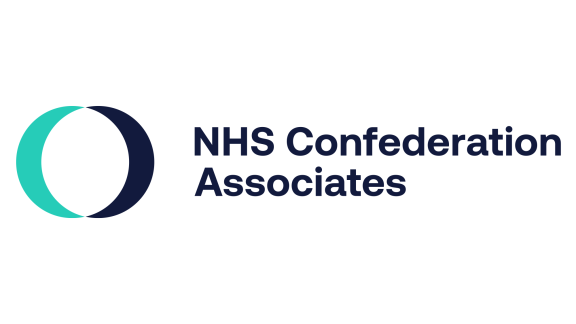NHS leaders doing all they can on activity levels, but long-term underinvestment is adding to challenge

Responding to the Institute for Fiscal Studies (IFS) briefing on the NHS in 2022, Matthew Taylor chief executive of the NHS Confederation said:
“Whilst health leaders welcomed the funding announced by the government in the Chancellor’s autumn statement, unfortunately as this new analysis shows it is simply not going to be enough to offset the impact of inflation on NHS budgets.
“Ten years of underinvestment in capital has seen much NHS estate and equipment crumble into a state of disrepair undermining the ability of healthcare leaders and their staff to work as efficiently as they could.
“Earlier this year 9 in 10 of our members told us a lack of investment in capital putting in jeopardy their ability to tackle the elective backlog.
“Additionally, the fact that the government has still yet to address the need for the long-term reform of the social care sector is driving an inability to get people who are medically fit to leave hospital discharged into the community without delay.
“NHS leaders are working closely with their teams to innovate, embed learnings from the pandemic and provide the care patients rightly expect. We can see the evidence of this is the increased rates of GP appointments, first cancer appointments and the way in which the NHS all but cleared the list of 102-week waiters in July.
“However, while it’s true that the impacts of COVID-19 have had a lasting effect on the NHS, this is compounding longer-term policy decisions and underinvestment rather than being the sole cause.”



